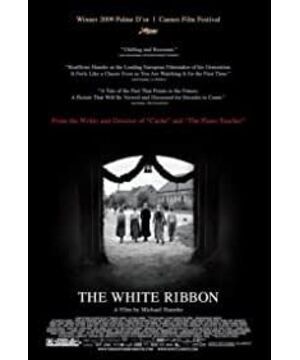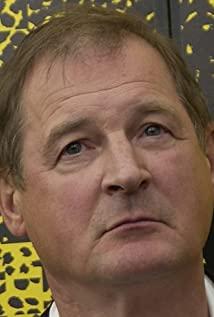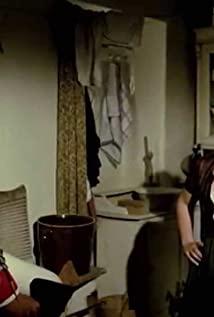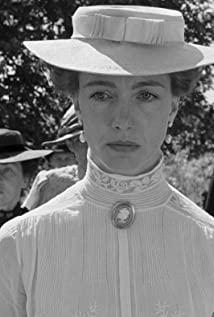Through a lens that is so cold to the point of indifference, Michael Haneke takes us into a world that fits well with this form. In this ordinary small village, the seemingly disordered stories gradually became orderly, and the seemingly complicated cases gradually came to light. What followed was the disintegration of the originally unshakable belief, and the lingering dark cloud over the audience after the disintegration of the belief.
The story begins with a vicious murder against a village doctor, and then strange things happen one after another, including the accidental death of a farmer's wife and his wife, the death of a landlord (should be an earl, but in order to connect with the Chinese cultural context, it is called the landlord) home and assistant. The stupid son of the mother was beaten one after another, and the granary of the landlord's house was set on fire... Corresponding to these violent acts of unknown origin, the authorities of the village (landlords, priests, doctors) against the governed (peasants, children, midwives) persecution. This persecution is all-round, wide-ranging, and multi-level. Here are two persecutions that I personally think have obvious Bergman shadows: the behavior of the priest to his children is no different from that of the priest in Fanny and Alexander; the doctor's treatment of The midwife's complaint is easily reminiscent of the priest's sarcasm towards the female teacher in "Winter Light". In fact, the seemingly disordered narrative, to a certain extent, reconciles unsourced violence with sourced violence, constantly reminding us of the source of violence. This is not a story of God punishing evildoers as in Exodus, but a story of violence begets violence. At the end of the film, the narrator of the story, the only village teacher outside the incident, discovers the source of the violence, but under pressure from the priest, it is not until many years later that such a story is "public". After the audience followed the narrator to understand the truth of the matter, the last scene was extremely eerie and shocking: the church was open as normal, and the children stood in the position closest to God and sang hymns.
Combined with the age of the story in the film, it is not difficult to connect this film with the political reflection films favored by the new wave of German cinema. For example, the evil deeds of the children in the film are easily reminiscent of the abuse of the male protagonist by other children in The Tin Drum. Naturally, it can be considered that the film explores and reflects on the national psychology behind Germany's move towards Nazism. And if you consider it from another angle, all history is contemporary history, you can also understand the film from the perspective of juvenile education. The children's audacity in the film, why can't it be connected with Alex in "A Clockwork Orange", Michelle in "Pickpocket", or even further, with the murder case of four teenagers in Beijing in 2006? Adults blindly believe in the innocence of children and the restraint and guiding role of the white ribbon, but they do not know that the psychological world of children is not simpler than that of adults; the behavior of children is not driven by the will of adults. In addition to cruelty and grimness, the director provides us with a few "bright moments," including the innate love of the younger sons of the doctor and priest for their respective fathers, and the touching love of the teacher and the nanny. The ability to love is born with people. If there is a suitable environment, this kind of beauty can grow with people. Even if you see the absurdity and cruelty of the world, you can still insist on the pursuit of beauty. However, I prefer to sum up my feelings about the film in this sentence: any life is just a random product of biological evolution, not guided by God or sheltered by justice. We are not born for any special purpose and perish as if we never existed.
View more about The White Ribbon reviews











